Menu
Table of contents
That's absolutely true, of course. But SEO and SEA are much more than that. Depending on what your strategy, product, objective and patience are, you can choose one of the two channels ...
...or both.
What SEO is, what SEA is, what the advantages and disadvantages are and when to choose what, I will explain to you in this article.
What is SEO?
What SEO stands for and what the Dutch translation is, I really don't have to explain to you. SEO is nothing more than optimizing, improving and adjusting your website to make it as findable as possible in Google.
And no, not for the search engines. For Google. Because Google is by far the biggest and the most important.
When we talk about optimizing, improving and customizing your website, we are talking about the following things, among others:
- Technology of your website
- The content that is on your website (photos, videos and text)
- The links to and from your website
- The relevance of your website
- Website quality
- The history and value of your link profile / domain name
SEO is no different from any other marketing channel. You bet on it to become more findable in Google to achieve your goals. And in 9 out of 10 cases, that means:
- More customers
- More visitors
- More leads
- Greater brand awareness
That improved findability in Google is not just specifically about your positions in Google. It can also be about your findability in Google Maps and Google images, for example.
What is SEA?
The goal of SEA is exactly the same as the goal of SEO. Namely, that you get more customers, leads and visitors. Again, this happens because you rank higher in Google.
Within SEA, though, this can be done in a number of different ways. For example, where with SEO we are talking primarily about search results, Google Maps results and Google images, with SEA it can be about:
- Text ads (in search results)
- Display ads
- Retargeting
- Shopping ads
In other words, SEA is mainly about the paid opportunities (ads) within Google and SEO is about the unpaid opportunities.
But with both, it's true: you want as many visitors to your website as possible, and preferably as many (potential) customers as possible.
Difference between SEO and SEA explained
Where the big difference between SEO and SEA is that with SEO, you don't pay for your good position and focus primarily on what is happening on the website and around it.
With SEA, you focus primarily on Google's ad tool called Google Ads. After all, that's where you create your ads, and the settings within Google Ads are crucial.
This also means that your choice in channel depends on the strategy. Want to test whether people like your product? Then quickly start marketing the product through Google Ads.
Want a good long-term strategy that you can invest all your extra time in, without it costing you immediate dollars? Then you need to get started with SEO.
Pros and cons of SEO at a glance
It's now clear to you what SEO is and where it differs from SEA. Now it's high time to list the pros and cons of SEO for you.
And we start with the benefits:
- SEO basically costs nothing. Except your investment of time
- There is a huge amount of free information on the Internet about SEO
- If you put 100 hours into the SEO of your website now, you will benefit from it in the coming years (very sustainable channel that is).
- SEO has the highest CTR of all channels
- Visible in Google and other search engines
- Competitors cannot rise above you overnight. This takes time.
- With all the developments within Google, there are more and more opportunities to grab space (such as the MultiFAQ)
There are more, of course, but these are the most important ones.
And now on to the disadvantages of SEO:
- It may take some time to see results
- Within SEO, it's about technology, content and authority. People always have affection with 1 of the 3, but also often have no interest at all in the other parts.
- If competitors have been around for years, there's a chance you won't catch up with them
- Google and SEO are constantly changing. If you want to compete at the top, you need to stay on top of all the developments
- SEO is something you have to keep doing continuously. Standing still is going backwards
Pros and cons of SEA at a glance
For SEA, of course, we're going to do the same as for SEO. And again, we'll start with the benefits:
- You can be findable in Google within an hour with SEA
- Google Ads can take SEA off your hands with smart campaigns
- You have control over what you show in search results
- There are all kinds of useful extensions that you can show in search results
- You can figure out which keywords work and don't work
- You can target specific audiences(targeting)
- SEA is more than just text ads. You also have Shopping, Display Ads and YouTube Ads, for example.
Now we move on to the cons!
- SEA can be very expensive because of the many competitors
- If you stop, nothing will come in.
- If you let Google have its way too much, it can be negative for your bottom line(ROI)
- Google Ads is becoming more complicated and more comprehensive. So you need to be more and more knowledgeable to do it well.
- You always pay a bit of a learning fee
When to go for SEO and when to go for SEA
I have now basically given you all the ingredients to make your own choice of which channel to go for. With some useful topics and questions, I'm going to help you further on your way to the best choice:
- What is your goal? Do you want 10 customers tomorrow? Then go for SEA. Want to build a business over the next few years that obtains leads without high budgets? Go for SEO.
- How much patience do you have? Again. In a hurry? Then go for SEA. Not in a hurry? Then go for SEO.
- What can a customer cost? Is your budget per product €10 and a click on a relevant keyword costs €5? Then go for SEO. Then SEA is not the right channel. So think carefully about what your margins are.
- How well are your competitors represented online? Do your competitors run a lot of ads? Go for SEO! Are your competitors super well represented organically? Go for SEA.
- How well is your website put together? Is your website technically not that well put together yet and you're not going to pick this up anytime soon? Then go for SEA or choose to tackle your website first.
- How well does your website convert? If your website converts poorly, there is little chance that you are going to come out when you start advertising. Therefore, start with SEO first to address the problems within your website.
- Who is your target audience? And where are they located? Are they on YouTube or other websites a lot? Then go for SEA.
So. You now know the difference and you know when to use which channel. So does this mean it's always either or? No, of course not. In fact, SEO and SEA go hand-in-hand very well together.
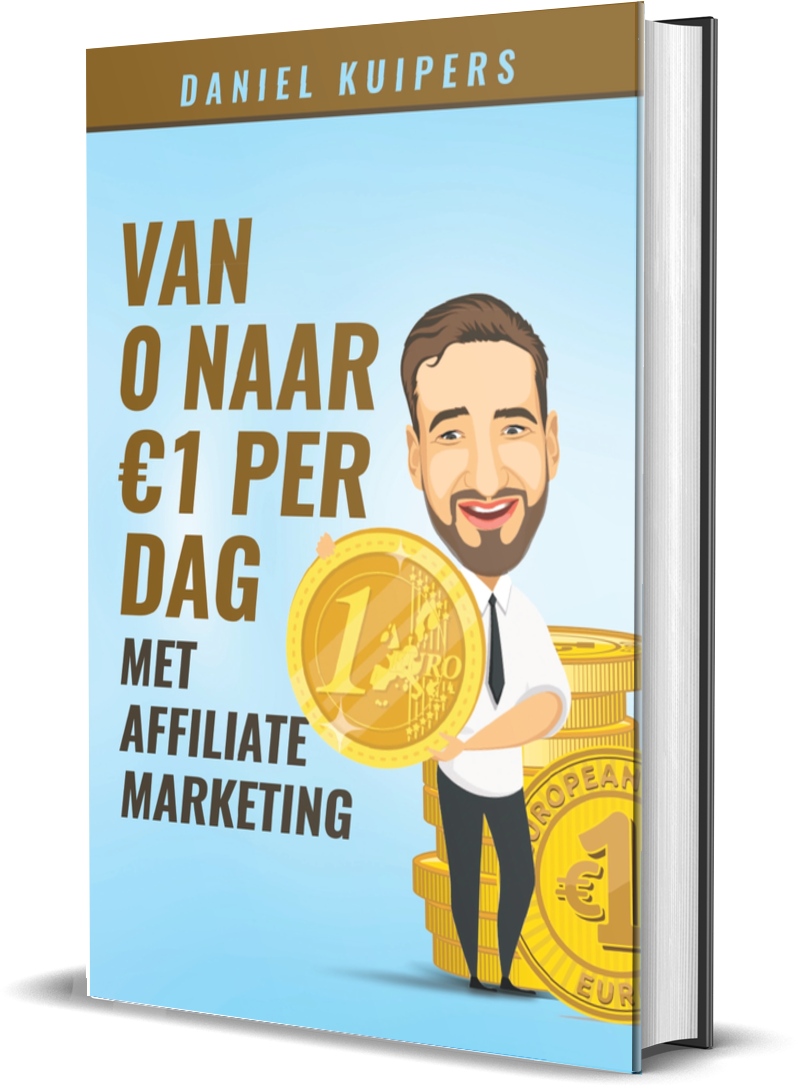

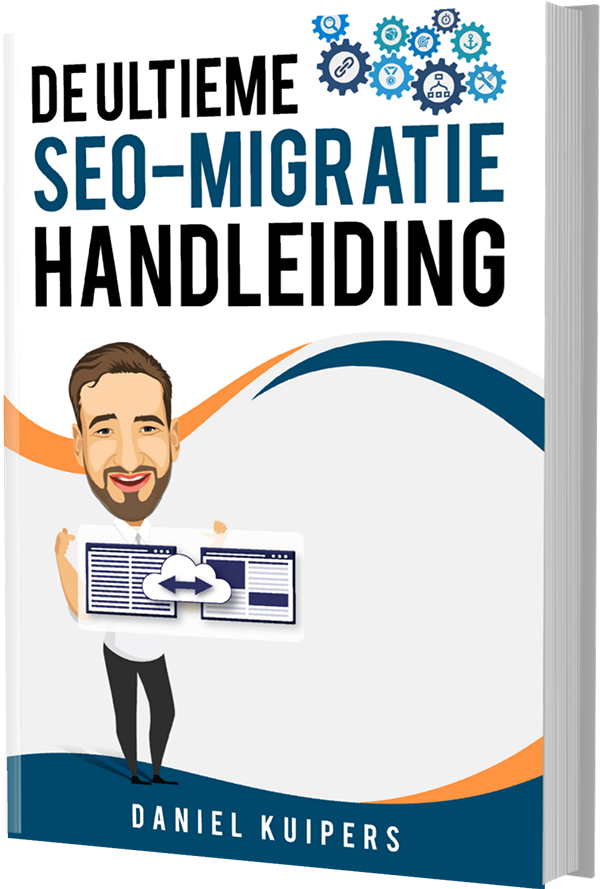
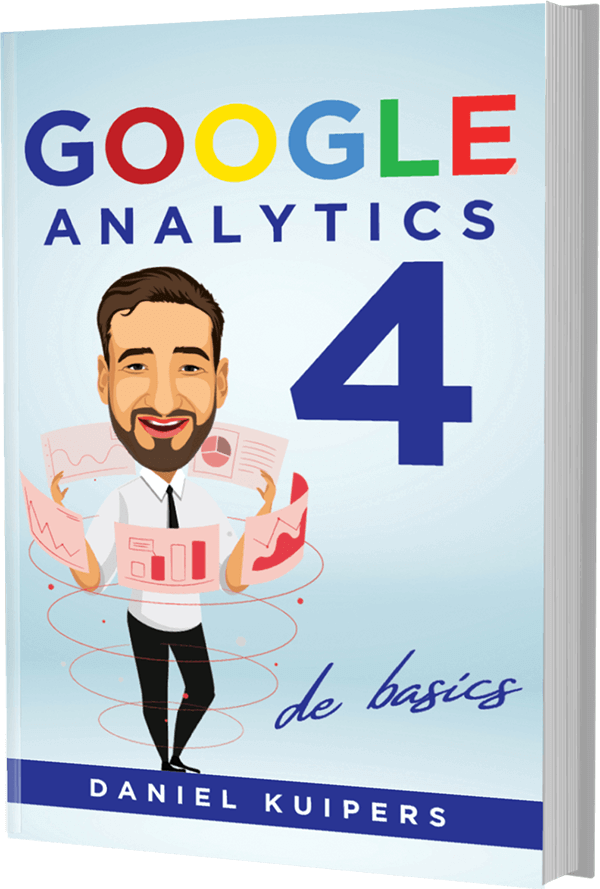
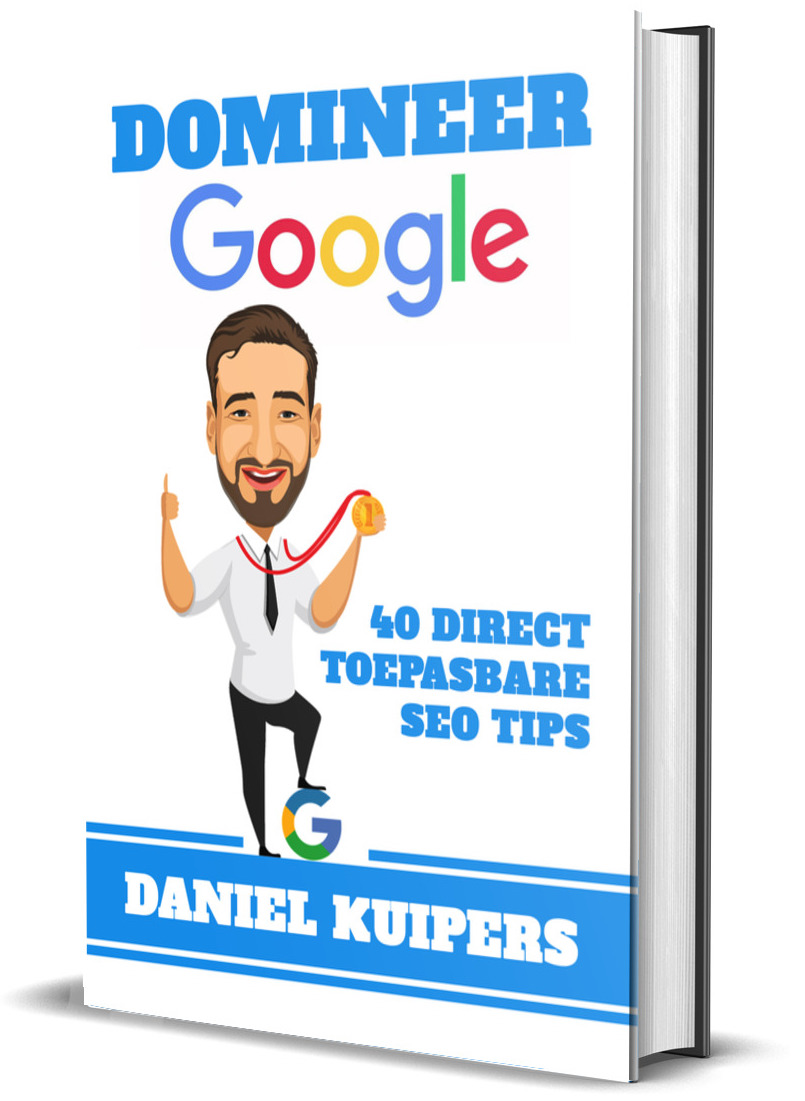



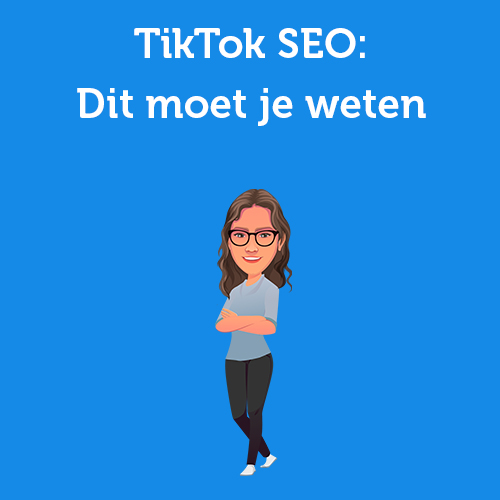
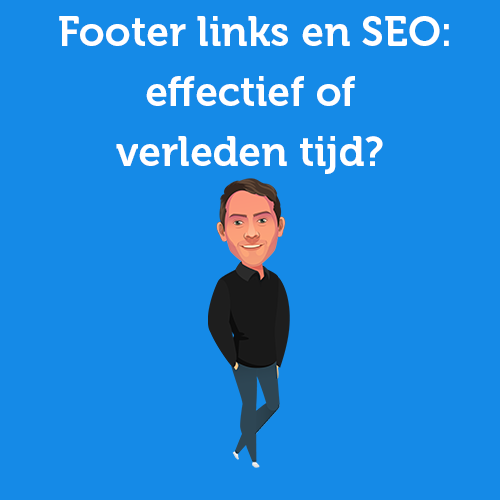
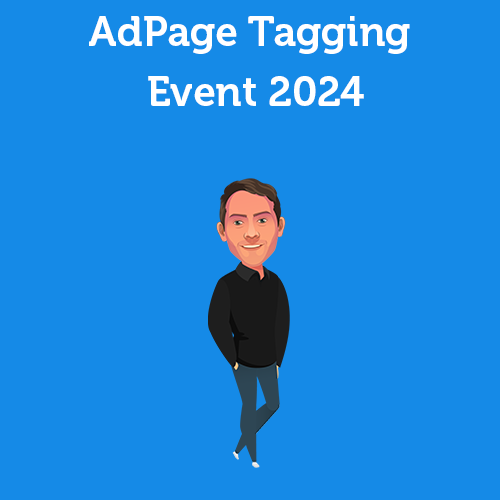
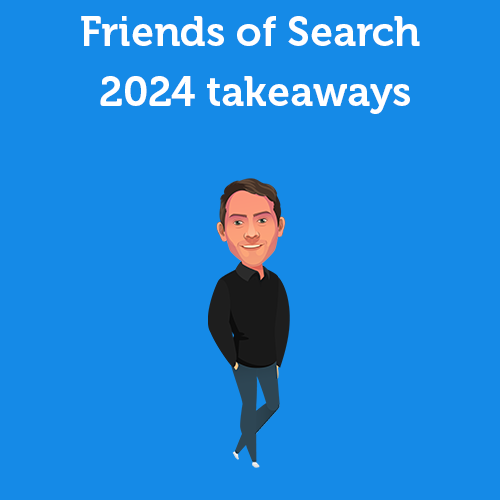
2 Responses to "Difference between SEO and SEA. And when to choose which channel!"
If you have optimized your website for accessibility, e.g., for the blind and epilepticy, what does that do to SEO and SEA?
Good question! Unfortunately, I haven't read enough about that that I can't really answer it. What I do know is that the visitor is most important to Google. If you optimize your website properly, it will be beneficial for your SEO and SEA.